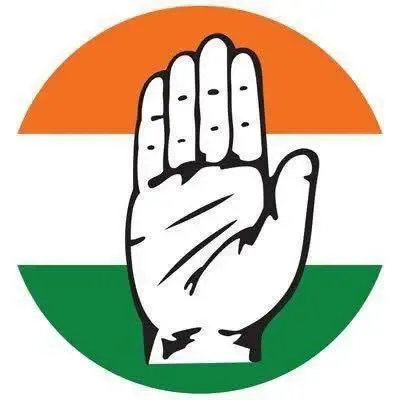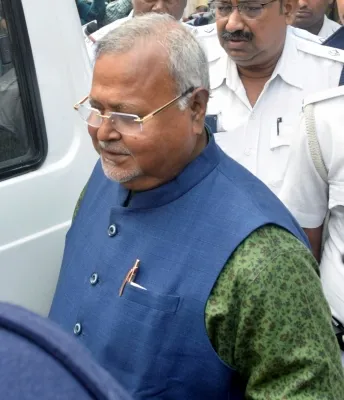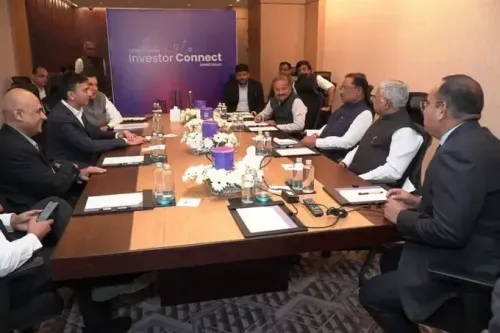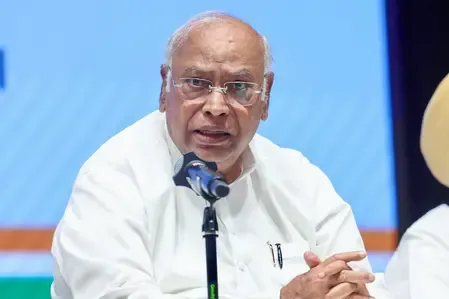Why is the Madras HC Delaying Sanction to Prosecute IAS Officers in Corruption Case?
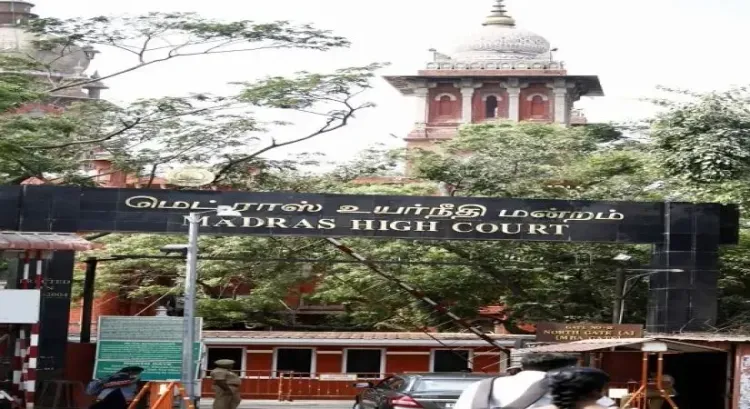
Synopsis
Key Takeaways
- Madras High Court questions delay in prosecuting IAS officers.
- Two IAS officers involved in a Rs 98.25-crore corruption case.
- Public expenses incurred due to delayed sanction for prosecution.
- Judiciary emphasizes the need for accountability in governance.
- Future hearings scheduled to address ongoing concerns.
Chennai, Nov 10 (NationPress) The Madras High Court on Monday expressed its strong discontent regarding the excessive delay in granting the required sanction to prosecute two IAS officers implicated in a Rs 98.25-crore corruption case involving former AIADMK Minister S.P. Velumani.
Justice N. Anand Venkatesh, presiding over a contempt plea initiated by the anti-corruption group Arappor Iyakkam, questioned why "the wheels of prosecution grind so slowly" when the accused are members of the Indian Administrative Service.
The investigation, led by the Directorate of Vigilance and Anti-Corruption (DVAC), relates to alleged misconduct in the awarding of municipal contracts during Velumani’s period as Municipal Administration Minister.
The judge highlighted that the DVAC had wrapped up its investigation as early as January 2024, yet had not secured the necessary sanction to proceed against IAS officers K.S. Kandasamy and K. Vijaya Karthikeyan. He instructed the agency to clarify the reasons behind the delay, particularly given that sanction to prosecute Velumani himself was received from the Legislative Assembly Speaker on February 12, 2024.
Advocate V. Suresh, representing Arappor Iyakkam, argued that the delay has led to unnecessary financial burdens on the public. He pointed out that the government incurred nearly Rs 30 lakh translating approximately 12,000 pages of documents into English—a requirement imposed by the Centre only from October 2024. He asserted, "Had the sanction been obtained earlier, this expense could have been avoided." Justice Venkatesh agreed, asserting that the DVAC "is obligated to provide reasons for not securing the sanction from January to October 2024."
Furthermore, he noted that in numerous corruption cases, courts often have to "provoke the investigative agencies" at each step—from filing FIRs to securing sanctions—before any genuine progress occurs.
The court learned that the DVAC only sought sanction from the Centre on August 30, 2025, after Arappor Iyakkam’s Jayaram Venkatesan filed the contempt petition. The initial request was sent back due to missing translated documents and was resubmitted on November 7, 2025, following translation at public expense.
When the judge inquired about the timeline for the Centre to act on the sanction request, Additional Public Prosecutor E. Raj Thilak stated that the maximum timeframe is three months and assured he would obtain explanations from all investigating officers involved since January 2024.
Justice Venkatesh concluded, "The State demonstrates speed in all other matters; such urgency must also be shown in combating corruption," warning that public trust in governance relies on prompt and transparent actions.
The court has postponed the contempt plea for further proceedings.

